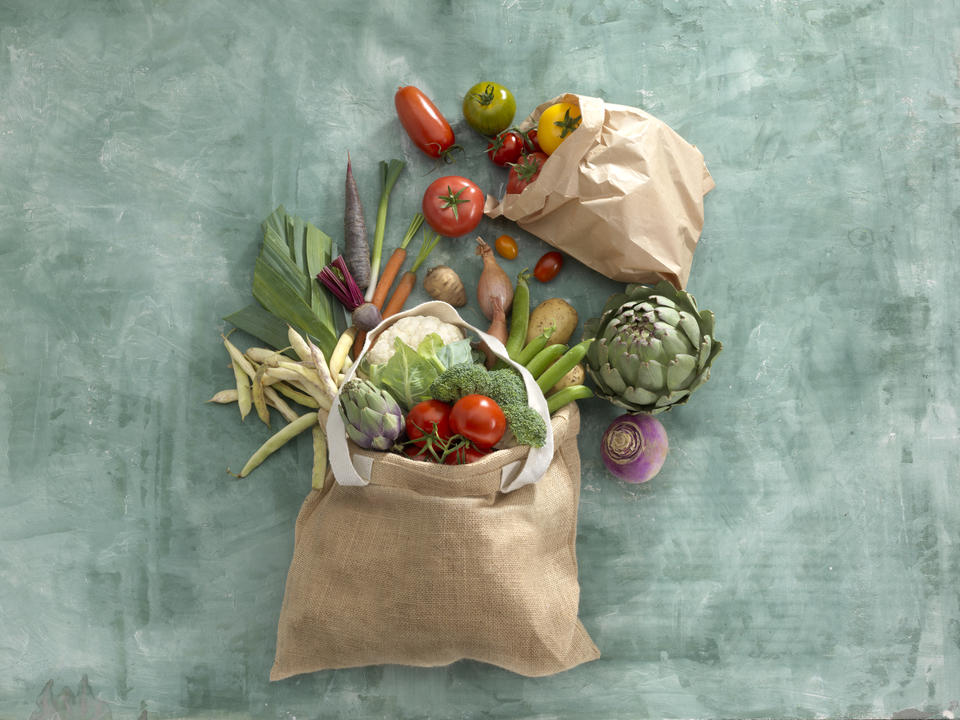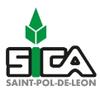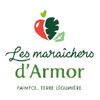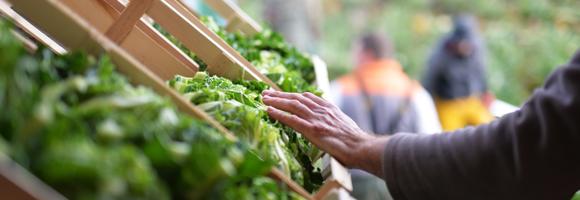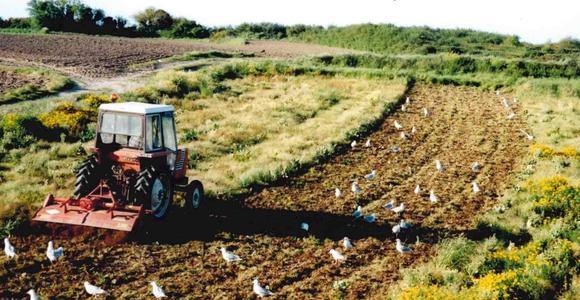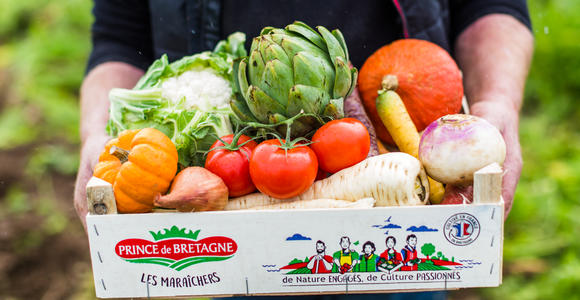Prince de Bretagne, a cooperative brand which is local and familial
Since 1970, Prince de Bretagne has been the collective brand of fresh fruit and vegetable producers on Brittany’s northern coast, grouped into three cooperatives. They come together in the Cerafel association, which is responsible for the brand, compliance with specifications, product marketing and establishing joint resources for research and experimentation.
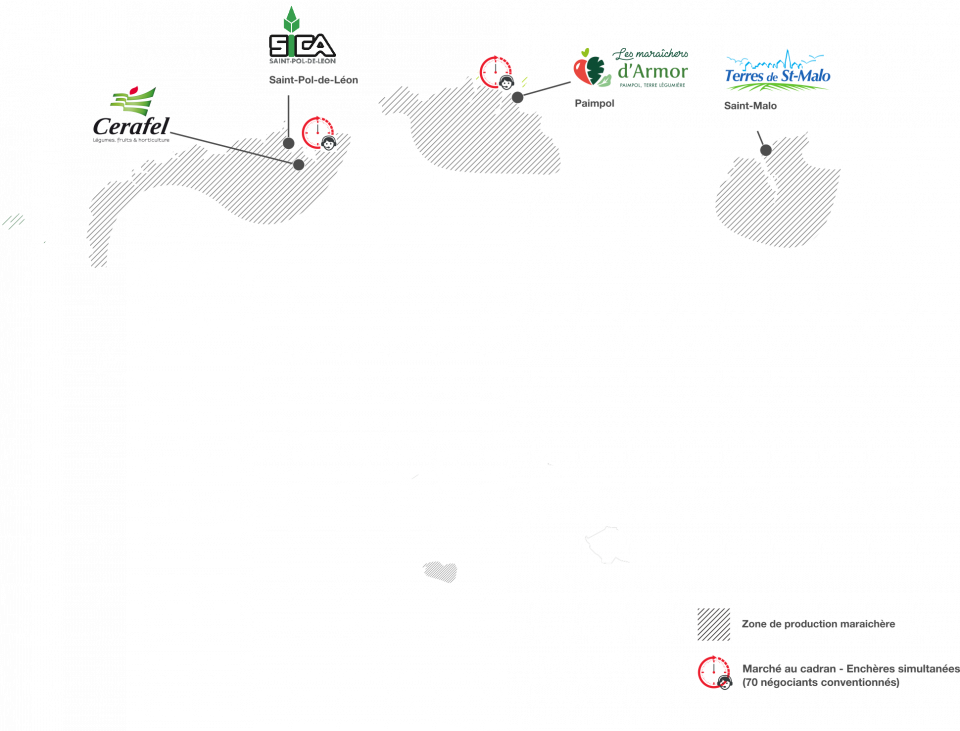
An organisation led on a daily basis by market gardeners
The 1,700 Prince de Bretagne market gardeners are at the heart of their organisation: they are the ones who created the fresh vegetable cooperatives and the Prince de Bretagne brand, and who are today at the heart of the governance of the network.
100% Breton production
Our products are cultivated exclusively on agricultural land located on Brittany’s northern coast. This 45km-wide strip of coastal land enjoys a temperate oceanic climate where periods of frost and hot weather are rare.
Independent and family farms
Our market gardeners have always believed in collective strength. However, they retain their independence. Each producer is free to grow the vegetables they want, when they want, while respecting the quality specifications and the brand’s requirements. Our model remains on a human scale with small family farms.
Cooperatives
Prince de Bretagne is the collective brand of market gardeners grouped today into three Breton cooperatives. Here you can find out more about these cooperatives, created for collective strength with strong values of equity, solidarity, transparency and independence.
SICA Saint-Pol-de-Léon
From the point of Brest to Finistère’s Trégor region, SICA Saint-Pol-de-Léon (a cooperative created in 1961) brings together 608 family farms growing both vegetables and ornamental horticultural plants, cultivated in open fields and as protected crops, and grown conventionally or organically. Fresh vegetables are marketed under the Prince de Bretagne brand and horticultural plants are sold under the Kérisnel banner.
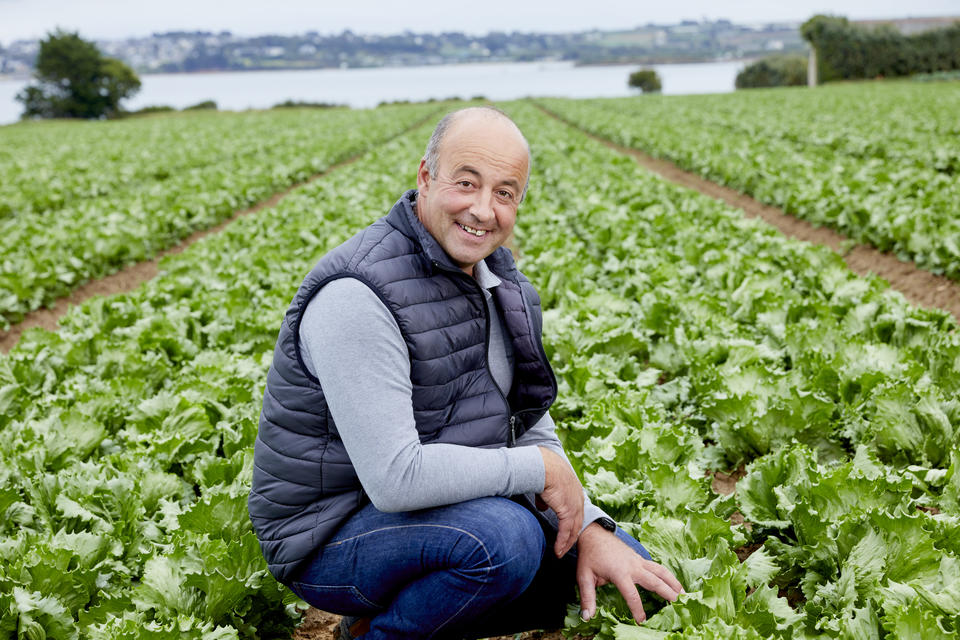
Les Maraîchers d'Armor
The Les Maraîchers d'Armor cooperative (formerly UCPT: Union des Coopératives de Paimpol et Tréguier) was created in 1974. It brings together the cooperatives of La Presqu'ile, GPGT (Groupement des Primeuristes), Bro Dreger and the Côtes d'Armor fresh vegetable section of Triskalia. It brings together 427 farms producing both fresh vegetables and ornamental horticultural crops between Paimpol and Tréguier in the Côtes d'Armor department. Fresh vegetables are marketed under the Prince de Bretagne brand and horticultural plants under the Armor Végétal brand.
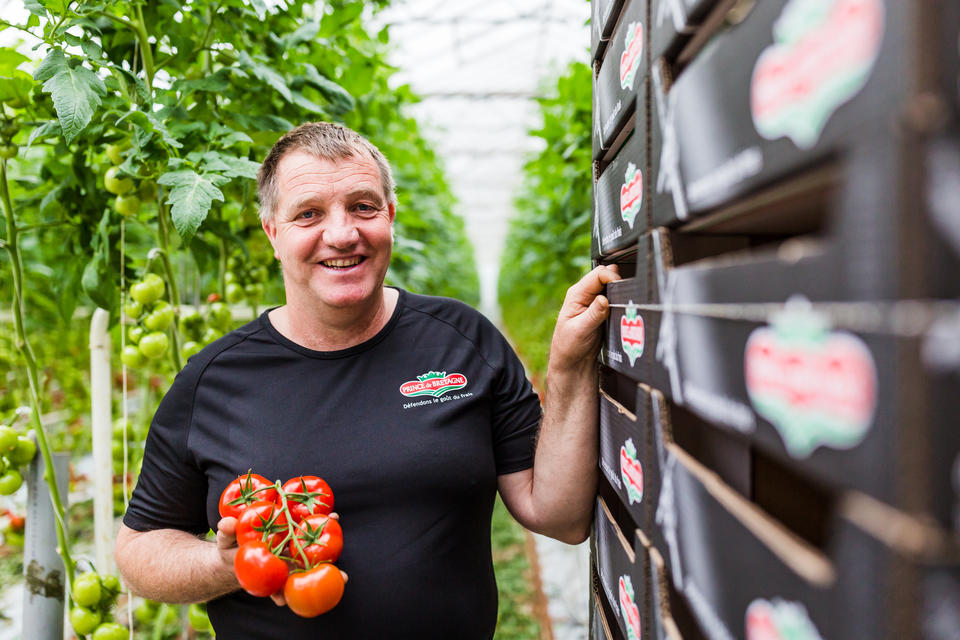
Terres de Saint-Malo
Terres de Saint-Malo, whose headquarters is in La Gouesnière (35), was created in 1998 by the merging of the SIPEFEL and St-Malo Primeurs cooperatives. It brings together 67 farms united by the same desire to produce quality fresh vegetables under the Prince de Bretagne brand while taking care of their environment. The range consists of around 15 products including cauliflower, leeks and round cabbage. Organic production represents more than 20% of its turnover.
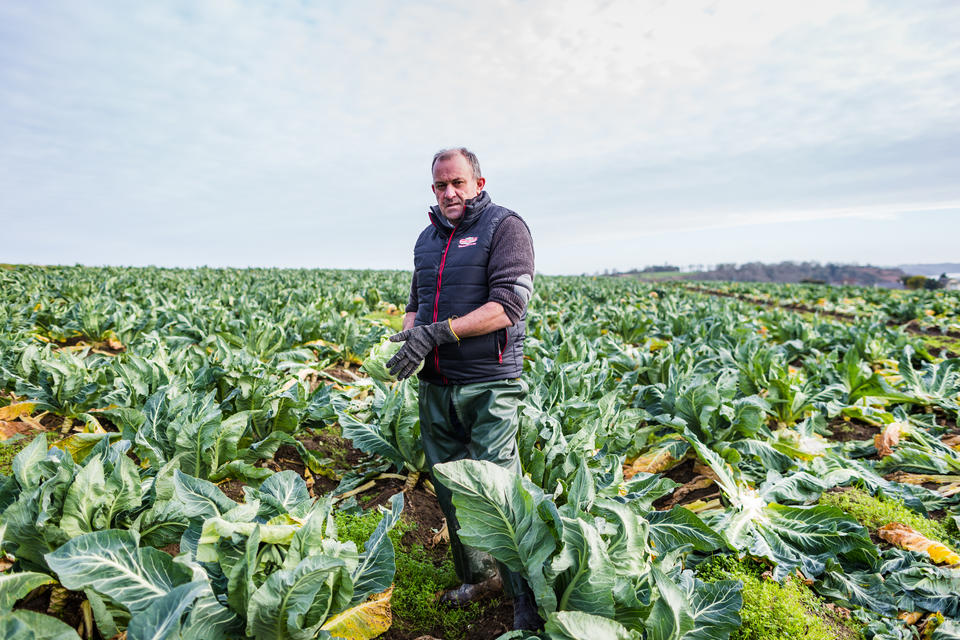
Fair remuneration:
Clock auction
Inspired by Dutch clock auctions, this marketing system was set up by SICA’s market gardeners in 1961 and is still in use today, complemented by other sales methods.
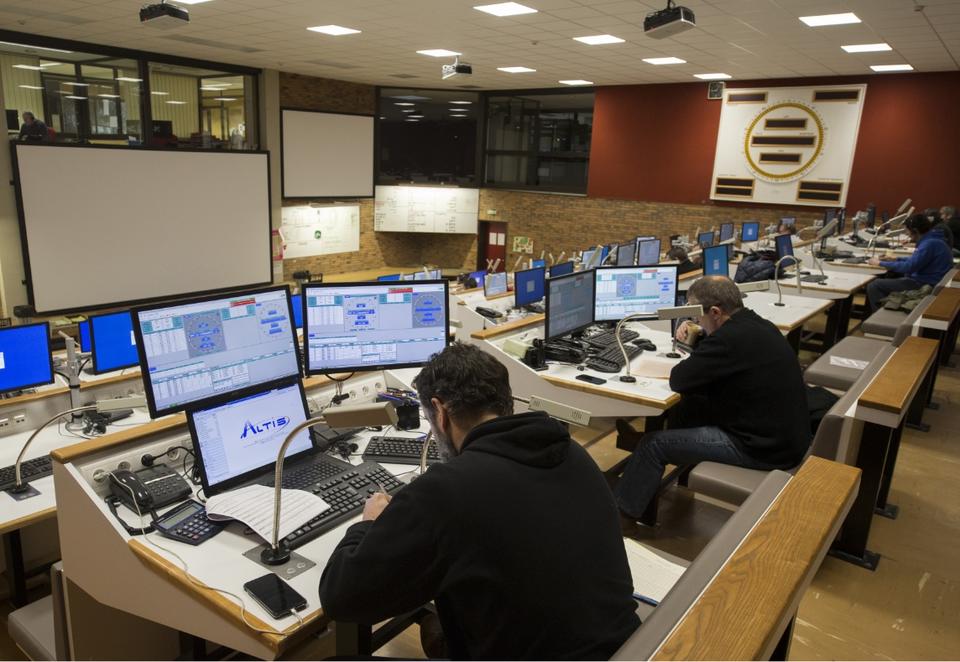
This unique system aims to reduce marketing costs and match supply prices with demand in order to offer fair prices to our market gardeners.
All the production harvested the day before or even the same day is offered for sale in the form of lots to around 60 shippers. These approved companies can buy remotely or from the three Prince de Bretagne auction halls in Saint-Pol-de-Léon, Paimpol and Saint-Malo.
Each lot is sold through prices which fall: a starting price is set by the seller and this then gets lower until a shipper makes a bid.
There is a barrier price set in advance by market gardeners below which the product cannot be sold at the auction.
The products put up for sale are not physically presented to buyers : their quality is guaranteed by compliance with the brand’s specifications and approval in the packing station.
This marketing method guarantees maximum freshness.
The network
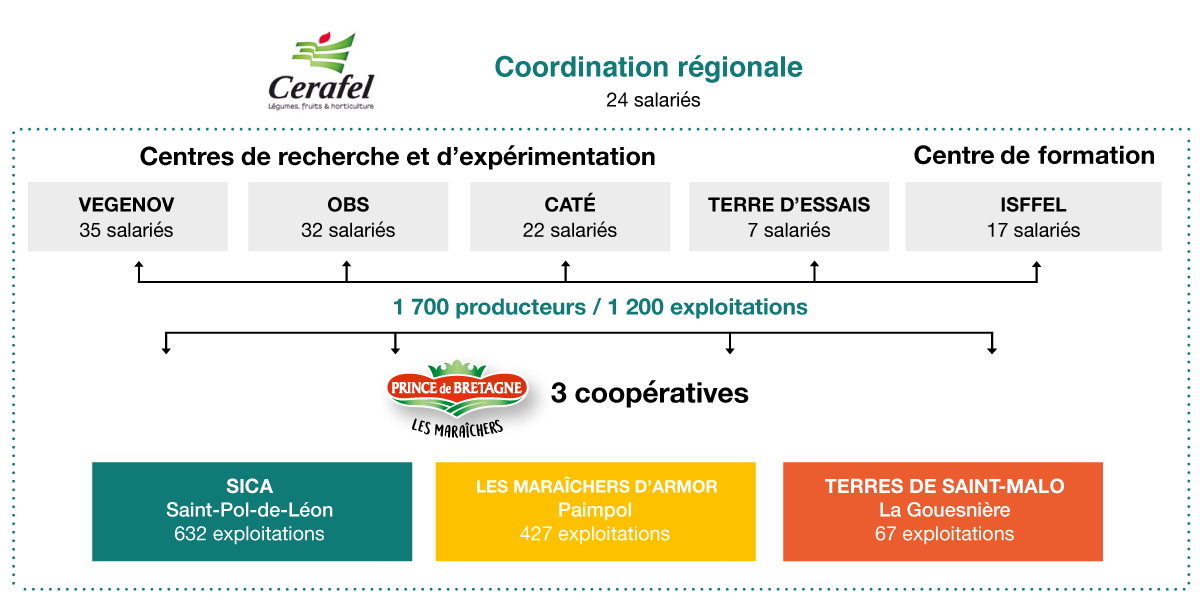

« Prince de Bretagne’s market gardeners never stop their daily defence of French, 100% Breton and sustainable agriculture. Transparency about our practices and innovation are the backbone of our brand, in order to always better meet the expectations of our distributors, wholesalers and importers, but above all societal and environmental expectations. »
Marc Keranguéven


« Prince de Bretagne’s market gardeners never stop their daily defence of French, 100% Breton and sustainable agriculture. Transparency about our practices and innovation are the backbone of our brand, in order to always better meet the expectations of our distributors, wholesalers and importers, but above all societal and environmental expectations. »
Marc Keranguéven
Structures to support market gardeners
To ensure their independence, Prince de Bretagne’s market gardeners have set up a technical and scientific environment that allows them to innovate (creation of vegetable varieties), to research, to produce (seeds and plants), to test (experimental stations) and even to train and transport.
Local seed production integrated into the network
Organisation Bretonne de Sélection (OBS) is a seed company created to meet the specific needs of Breton vegetable producers in terms of varietal creation and seed production from local plants adapted to the terroir. Given this background, it works in close collaboration with Végénov, in particular on disease resistance.
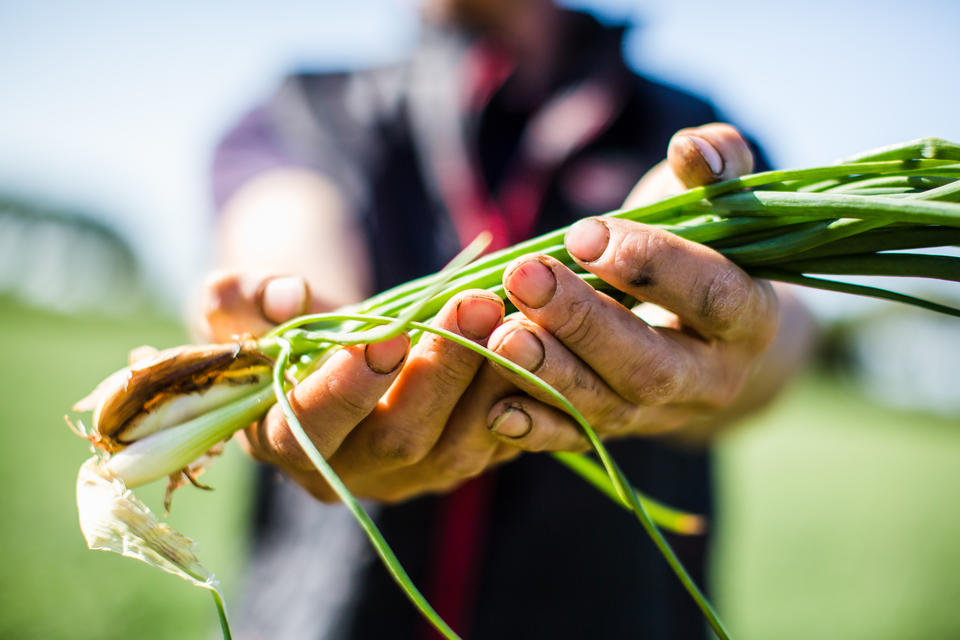
From field to fork vegetable R&D laboratory
Created in 1989 in Saint-Pol-de-Léon, Végénov specialises in cell biology, the genetic mapping of plants and their pathogens, crop protection and the sensory and nutritional quality of products. For Prince de Bretagne’s market gardeners, Végénov supports the development of varieties resistant to pests and diseases (in order to avoid treating crops) as well as improving products through sensory and nutritional testing.
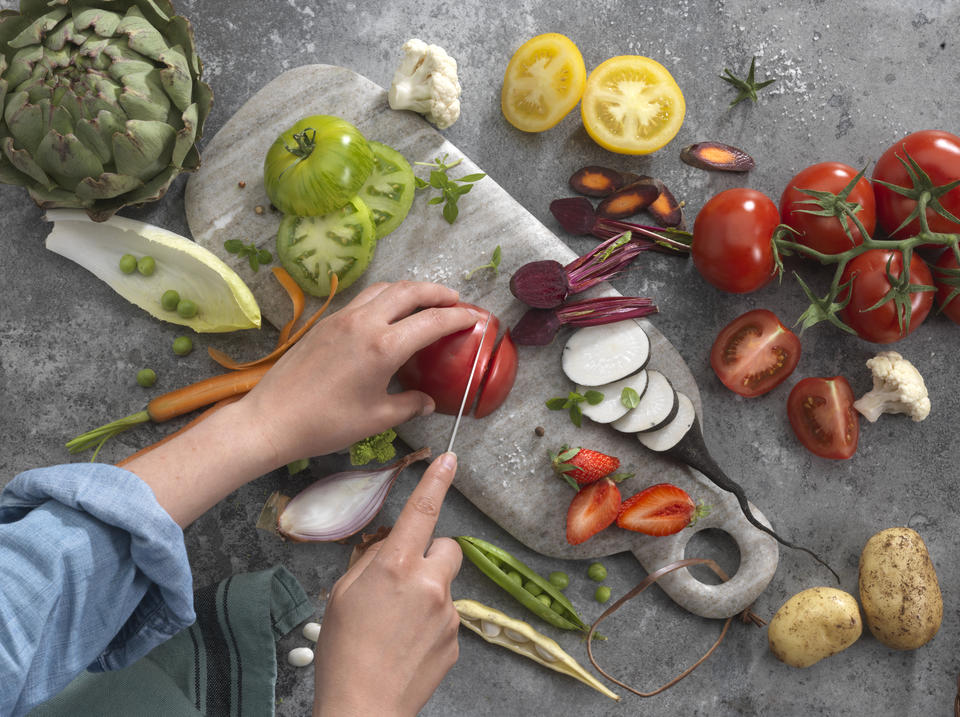
An experimental station dedicated to agroecology and diversification
Located in the heart of the production area, the Caté station (in French, Comité d'Action Technique et Économique) conducts experimentation programmes designed to solve technical problems encountered in production and to meet consumer expectations.
The main objectives of the experiments are:
- Reducing inputs (pesticides, fertilisers and energy) for economic competitiveness and the promotion of environmentally friendly techniques.
- Adaptation to changes in consumer demand through product diversification and the way products are presented to consumers.
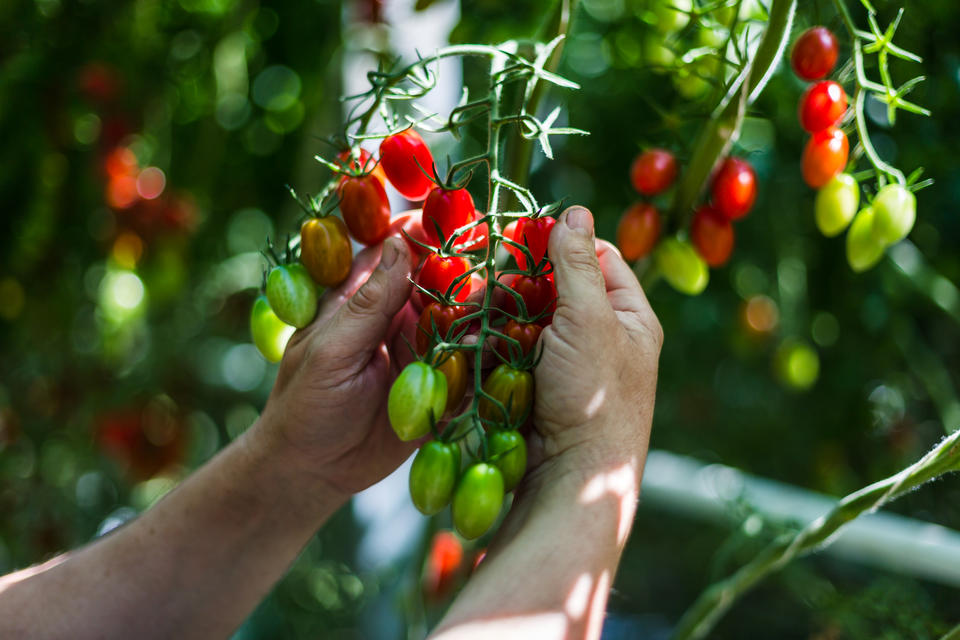
An experimental station dedicated to organic agriculture
Created in 1969 at the initiative of our vegetable producers, the station has specialised in organic agriculture since 1998.
Main objectives:
-
Improving the competitiveness and sustainability of vegetable production systems
-
Maintaining and improving product quality
-
Reducing production’s environmental impact
Very often these organic techniques can be transposed to other production methods.
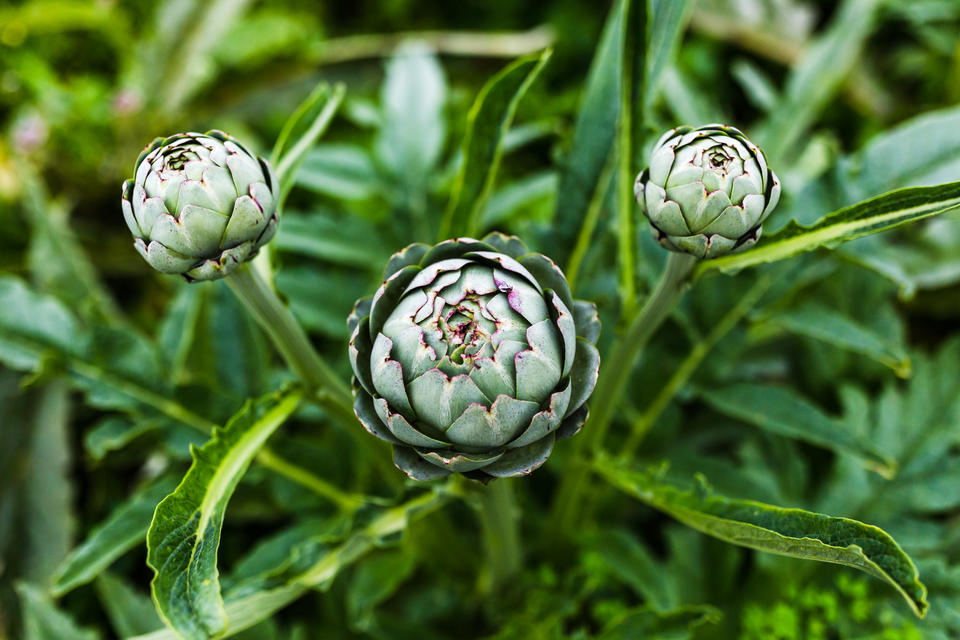
An integrated training institute
The L'Institut Supérieur de Formation en Fruits et Légumes (higher institute for training in fruit and vegetables, ISFFEL) specialises in training in the food product distribution, agribusiness and logistics sectors. It is also well known in the field of plant distribution. The institute has become one of the leaders in training in these professions.
